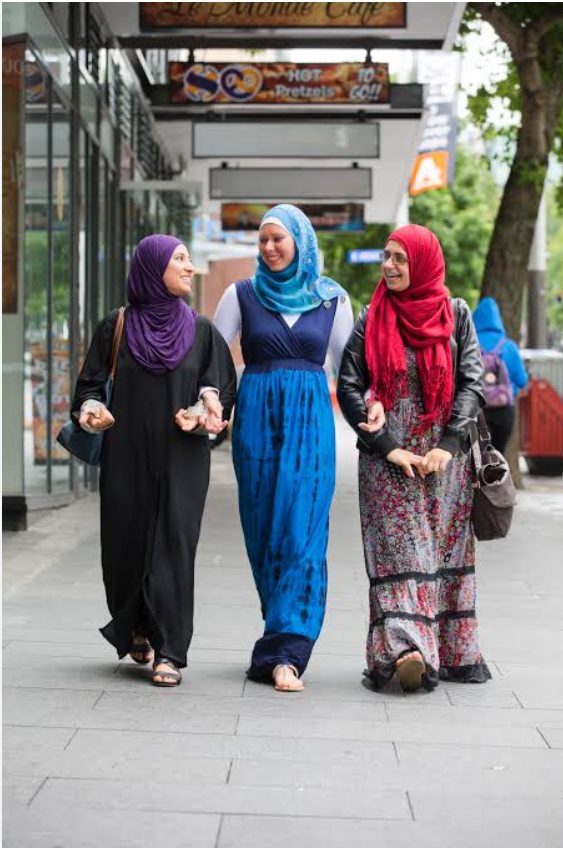The media often portrays Muslim mothers as a challenging group to connect with. But, through interviews in author Suma Din’s non-fiction book “Muslim Mothers and their Children’s Schooling,” readers are introduced to diverse individuals who challenge stereotypical notions of Muslim women perpetuated in the media. This book is a must-read for teachers, student teachers, sociology of education students, policymakers, and professionals working with families as it offers valuable insights into parent-school relations from the perspectives of Muslim mothers.
Muslim mothers are often underrepresented in popular media, and when they appear, they are often portrayed negatively or stereotypically. Muslim representation in popular media often fuels Islamophobia (Gottschalk and Greenberg, 2008). This propagates negative stereotypes and contributes to the misrepresentation of Muslim communities.
Suma’s book, based on empirical research “Muslim Mothers and their Children’s Schooling,” delves into the personal views of Muslim mothers about their children’s education and analyses them using the emotional and aspirational capital framework. The analysis shows that the mothers’ faith identity plays a crucial role in their desire for their children to receive a holistic education. By highlighting this common thread among the participants, the book offers a new and unique perspective on minority parents’ views on education. It challenges readers to defy their preconceived notions of this group and recognise faith’s important role in shaping their values and aspirations for their children’s education.
So, teachers must work to address these assumptions within themselves and the students to foster a new and informed understanding of Islam in the classrooms. This requires creating a safe and inclusive space where teachers can learn about the diversity within Islam and the complexities of its beliefs and practices rather than relying on simplistic and stereotypical portrayals in social media.
Show Muslim Diversity
Suma Din, a renowned non-fiction book writer, presents contemporary narratives that will relate the lived reality of Muslim mothers to a readership involved in the education and welfare of their children. In her book “Muslim Mothers and their Children’s Schooling,” Suma shares the mothers’ experiences where a void exists. For those genuinely interested in hearing marginal voices, those who recognise the impact family has on students’ wellbeing, the personal narratives the author presents are the frame on which all else is hung.
Suma Din’s research is based on interviews with over 50 women from diverse backgrounds, including African, Arab, and Asian, who belong to various social classes. Some of them are immigrants, while many were born in the UK. They share their thoughts and experiences on various topics, including the hijab, choice of schools, religious festivals, the curriculum, the Prevent strategy, sex and relationship education, and much more. Through these interviews, the book sheds light on Muslim mothers’ identities, experiences, and challenges as they navigate the British state school system while supporting their children. The book provides valuable insights into the perspectives and concerns of these mothers and their efforts to ensure their children receive a quality education while maintaining their cultural and religious identities.
If teachers are to engender respect and appreciation for all backgrounds and cultures, then this book facilitates this notion. This understanding is vital in assisting young minds in gaining reliable knowledge about Islam and its followers and interacting with Muslim individuals with empathy and respect. Suma Din’s book “Muslim Mothers and their Children’s Schooling” opens a window to mothers’ thoughts, struggles, contributions, and lives absent from the public discourse. Suma hopes her book gives the insight to facilitate a nuanced understanding of home-school relations. It is a must-read for anyone interested in improving education for all students, regardless of their cultural or religious background.





























